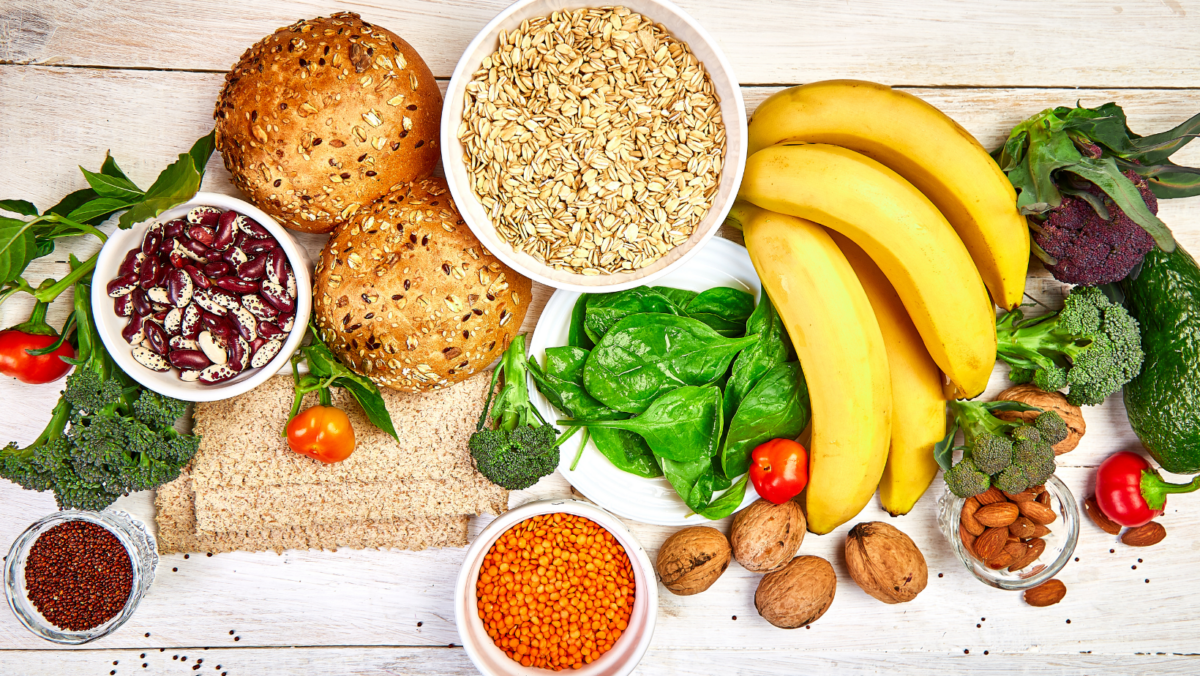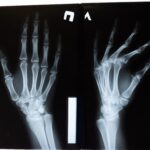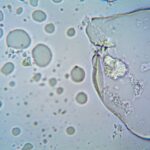IBS- Does Fiber Really Help?


Physicians recommend IBS patients to increase their dietary intake for reducing symptoms like meteorism and abdominal pain. Continue reading this piece to learn about the role of fiber in treating IBS.
IBS is a well-known condition that has control over a person’s emotional and professional life as well. Its symptoms include lack of focus, sleep, fainting, depression, and vomiting as well.
Some general tendencies people with IBS tend to follow are that they might toilet detours when planning traveling routes, or they might be avoiding social activities altogether.
Whatever the reason may be, research suggests that people suffering from IBS tend to miss more work days compared to people without the condition.
What is IBS?
IBS, also known as Irritable Bowel Syndrome, is a chronic gastrointestinal disorder that primarily affects the large intestine.
It is considered to be rather unpredictable, mainly due to its contradictory symptoms. These may include abdominal pain and cramps, bloating, bowel movements that are harder or looser than usual, and diarrhea as well.
Different Types of IBS
This syndrome has a couple of sub-classifications as well. The first one is IBS with constipation, also known as IBS-C. When suffering from this condition, most of your fecal matter is hard and lumpy. Some doctors also recommend all types of high fiber supplements for different types of IBS.
The other type is known as IBS with diarrhea, in which most of your excretion is loose and watery. In addition to that, there is also another sub-classification, which is IBS with mixed bowel habits.
When suffering from this condition, both lumpy and hard bowel movements are common, including loose and watery movements around that time as well.
How common is IBS?
This condition is quite common amongst the general populace, with a nearly 20% prevalence among the overall adult population. Additionally, research has shown that up to 15% of US adults suffer from IBS. However, only 7% of them have received an IBS diagnosis.
What are the causes of IBS?
Although the exact causes of IBS are still unknown, there are still some factors that may be a cause for this condition.
One of these is muscle contraction in the intestine. The walls of your intestines line up with layers of muscle, in a way that they contract as they are moving through the digestive tract.
These contractions may cause bloating and gas if strong enough, while weak contractions may cause hard dry stools.
Another cause that has been linked to IBS is abnormalities in the nervous system. Nerve anomalies in the digestive system may lead to greater discomfort when the abdomen stretches. Miscommunication between the brain signals conveyed to the intestines cause them to overreact to normal changes in the digestive system. Ultimately, it cause pain and diarrhea.
There is also the possibility of IBS developing after a severe infection, such as diarrhea. In addition, stressful events in your childhood can also be the reason for IBS. Another cause for IBS can also include changes in bacteria residing in your intestine.
The Role of Fiber in Treating IBS – Can It Really Help?
When it comes to IBS, many physicians tend to recommend patients an increase in their daily fiber intake in order to relieve the pain. This is where fiber supplements come in. Some doctors also recommend best and high fiber supplements to help with IBS.
Such fiber can be beneficial to the GI tract, for many reasons. One of these is that they can result in increased fecal mass. Another reason is that dietary fiber can influence the actions of fermentation by-products, short-chain fatty acids in particular.
However, each of these fibers contains different physical and chemical properties, and the health benefits associated with each of them are distinct for each fiber type.
An example of this is that the consumption of highly fermentable dietary Fiber may result in rapid gas production. In patients with IBS, it can quickly cause bloating and discomfort.
There have been clinical trials to study the effects of psyllium husks on gut health. These studies have revealed Fiber to improve bowel regularity, and has an effect similar to laxatives.
Additionally, psyllium has also been found to be effective in terms of overall stool output and improving constipation. As such, it helps provide abdominal comfort. A psyllium trial showed that they have a significant effect when it comes to bowel discomfort and irregularity.
Dietary Fiber and Fiber, in general, have proven to be effective in treating IBS, having a lot of health benefits, including lowered cholesterol levels, improved glycemic control, and body weight management as well.
Introducing Dr. Nandi’s “Fiber Complete”
We bring to you a natural fiber supplement that supports bowel regularity and helps with constipation as well.
This supplement has been proven to treat blood sugar imbalance, all the while maintaining healthy cholesterol levels within the normal range.
‘Fiber complete’ is a natural supplement consisting of a balanced amount of soluble and insoluble fibers, which help with constipation and maintaining long-term bowel regularity.
The main ingredient used in this supplement is psyllium husk, and, as discussed previously, they have proven to have the same effect as a laxative, and they are organic as well.
In addition to the Psyllium husk, Fiber plus also contains flax seed in order to properly balance the soluble and insoluble fibers, and rice bran due to its glycemic balancing capabilities and other soluble fibers including pectin.
If you don’t care for supplements, You Can Also Get Fiber via Food.
Food is a good source of Fiber, especially fruits and vegetables. The FODMAP eating plan can help increase your fiber intake greatly.
The dietary and lifestyle changes which are included with the FODMAP diet can include:
- Consume a lot of fruits like apples and apricots and a lot of vegetables such as artichokes and asparagus, and include wheat and rye products in your diet as well.
- Drink a lot of water
- Avoid caffeine
- Try to consume less cheese and milk
- Exercise regularly
- Avoid smoking
- Eat smaller meals
The top Questions I’m asked by my patients
1. If I have IBS, does that mean I’m more likely to develop serious gastrointestinal problems?
The risk of developing GI problems is not related to whether or not you have IBS, and this is not considered to be a life-threatening condition. Although living with IBS can pose its own challenges.
2. Do I need to see a gastroenterologist?
Even though there is no cure for IBS, it is advised first to consult a primary care physician who might refer you to a gastroenterologist.
Conclusion
As discussed previously, IBS does not have any cure. However, its effects can be controlled by adopting different dietary and lifestyle changes. An increase in fiber intake or high fiber supplements can maintain and eventually eliminate any bowel discomfort and pain related to IBS.
When consuming any sort of dietary Fiber, it is advised to start slow, because too much fiber at once can trigger IBS symptoms. However, a slow start can prevent gas and bloat as well.
- Category: Article




